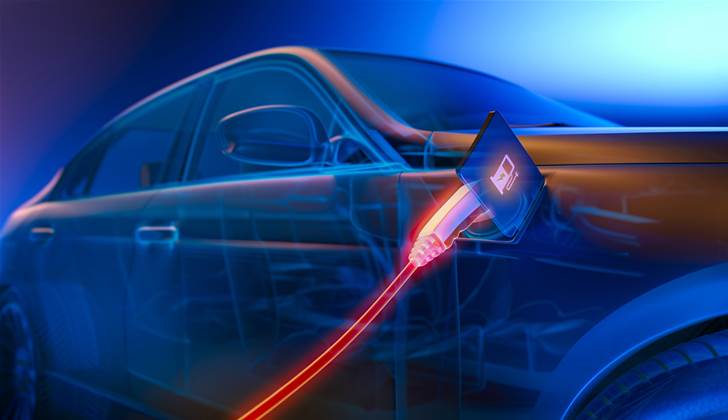The electric vehicle (EV) is set to usher in the biggest transition period since the earliest days of the industry, according to a report by Anderson Economic Group.

The report says that cost is the ultimate factor preventing widespread customer adoption, with multiple categories of cost differentiating EVs from the familiar internal combustion engine (ICE).
The cost categories factored into Anderson Economic Group’s report were:
1. Commercial and residential electric power/fuel costs
Through analysing the direct monetary costs of fuelling, the report found that the costs of fuelling EVs is often higher than comparable ICE vehicles. It also found that these costs vary significantly more for EVs, as do charging speed and charger reliability problems.
2. Registration taxes
While some US states have imposed additional registration taxes on EVs to ensure that drivers pay a road tax burden similar to that of ICE vehicle drivers, the authors of the report expect all states to impose such road usage fees for EV drivers, meaning little difference will be seen in registration costs.
3. Equipment and installation costs
Retail gasoline prices includes the cost of operating a commercial pump, as the retail electricity cost includes the cost of the charger, however, installing and operating a home charger significantly adds to the cost of EV equipment and installation costs.
4. Deadhead miles incurred driving to a charger or fuelling station
“Poor EV charging infrastructure in the United States means drivers typically expend “deadhead miles” to get to a fast DC charger,” the authors say.
“By comparison, most metropolitan-area ICE vehicle drivers (and many rural drivers) have ready access to one or more convenient gasoline stations.”
While current infrastructure limitations add to the costs of owning a DV vehicle, as the technology evolves infrastructure is expected to significantly improve.
5. Cost of time spent refuelling
The authors estimate a significant time burden, and implicit cost for that time, required to charge an EV. Factors such as setting up and starting the charger, driving to a working charger, waiting for the process to complete and finding available chargers add to the significant time cost of owning an EV.
While the rapid development of EV technology will likely cause a shift in the automobile industry, the current costs of owning and operating an EV still act as a barrier of entry for many consumers.



.png&h=140&w=231&c=1&s=0)
_(28).jpg&h=140&w=231&c=1&s=0)
_(33).jpg&h=140&w=231&c=1&s=0)





 iTnews Benchmark Awards 2026
iTnews Benchmark Awards 2026
 iTnews Executive Retreat - Security Leaders Edition
iTnews Executive Retreat - Security Leaders Edition
 iTnews Cloud Covered Breakfast Summit
iTnews Cloud Covered Breakfast Summit
 The 2026 iAwards
The 2026 iAwards












_(1).jpg&h=140&w=231&c=1&s=0)



